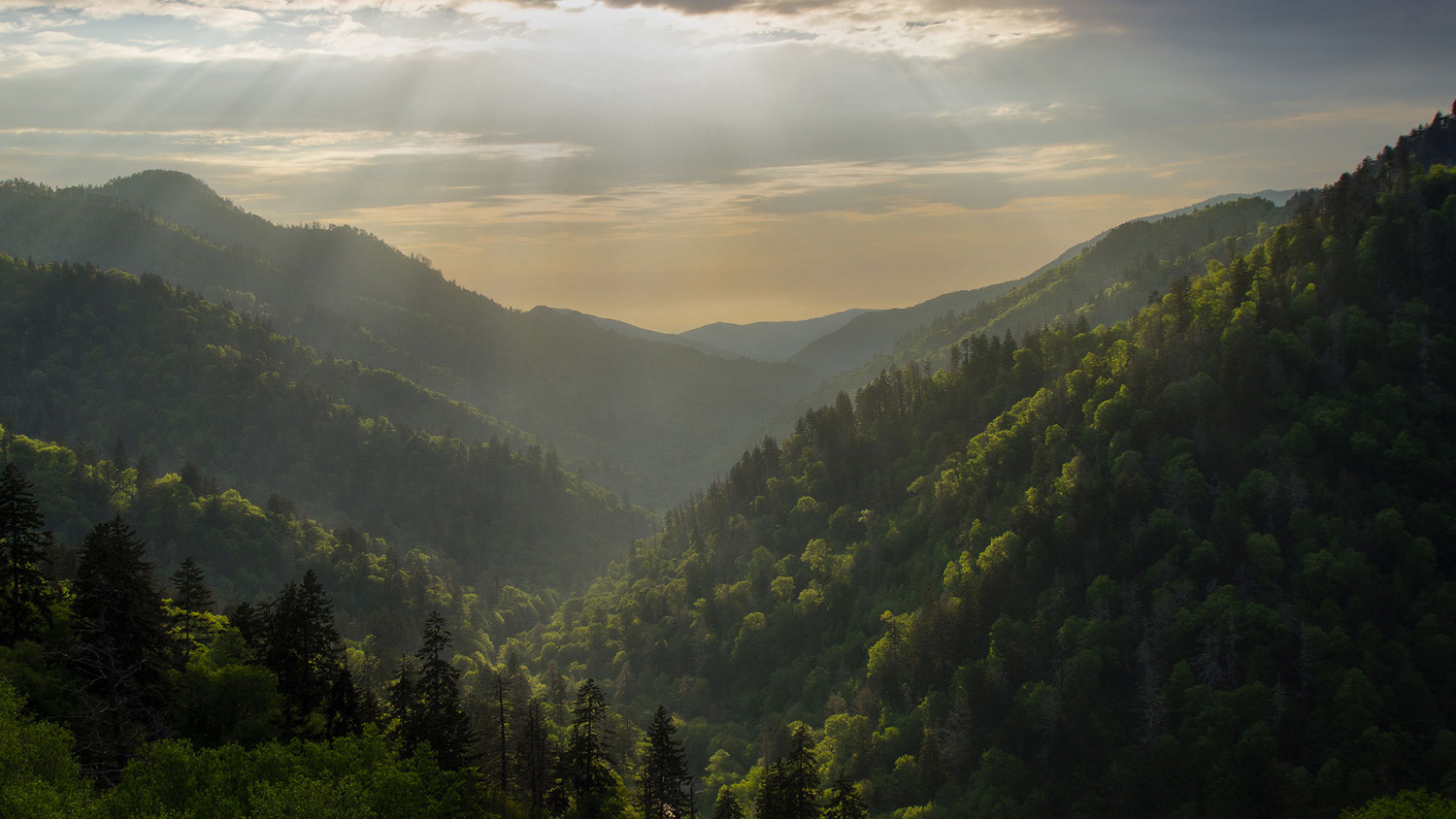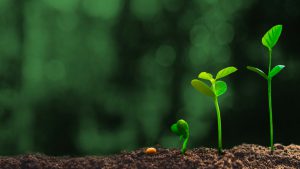We know our customers want to know what we’re doing to help the environment and increase our sustainability. As part of our mandate to provide eco-friendly web hosting to our customers, we planted over 3,500 trees, as well as helped to fund two Gold Standard projects.
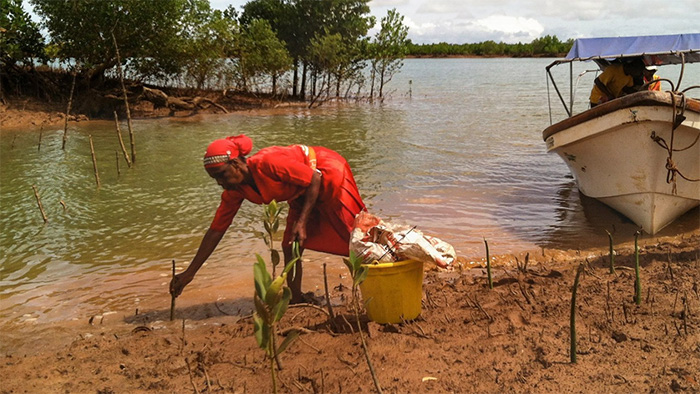
Over 2,000 Rhizophora mucronata planted in Madagascar
For all our hosting packages and servers, we purchase trees through Tree-Nation. This month, we purchased 2,013 Rhizophora mucronata for the Eden Reforestation Project. Rhizophora mucronata are better known as red mangroves and are smaller mangroves that grow in estuaries and coastal areas. With our red mangroves, we’re helping to stop the erosion of the Madagascan coastline, as well as helping to protect young fish and other wildlife from predators.
We planted 850 of these red mangroves as a thank you to customers who upgraded from our legacy hosting packages to our new packages, and also planted an additional 30 red mangroves through Ecologi, as a thank you for referring other people — so thank you for signing up and joining us!
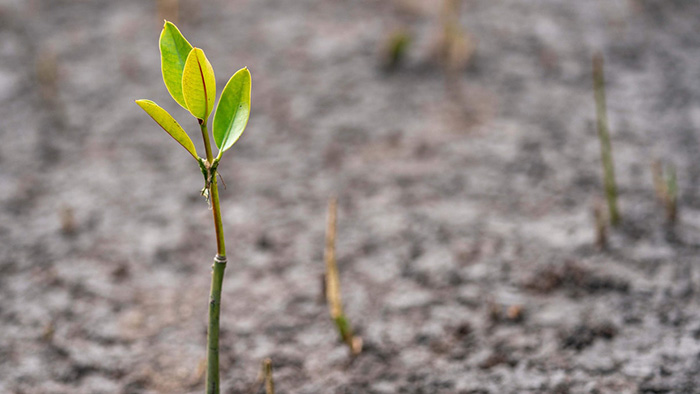
Over 1,000 Ceriops tagal planted in Madagascar
We also purchased 1,000 Ceriops tagal through Tree-Nation for the Eden Reforestation Project.
Also known as spurred mangroves, these also help prevent erosion along Madagascar’s sprawling coastline — over 4,200 kilometres long! Through the Eden Reforestation Project, we’re also helping to provide jobs for the people of Madagascar.
A further 30 spurred mangroves were also given to us by Ecologi as a thank you for referring more people. We’re in the Top 20 Leaderboard for Referrals, so thank you!
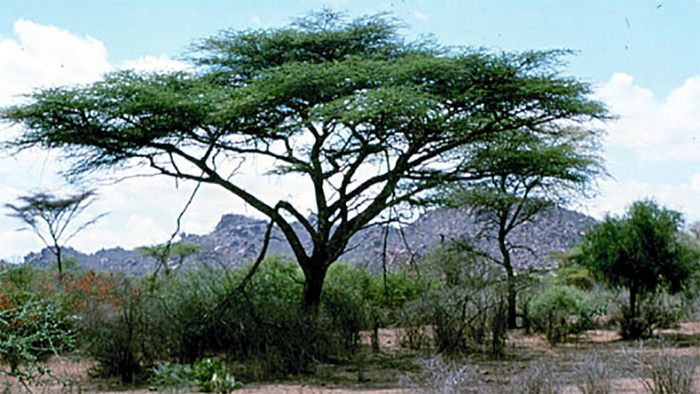
400 Albizia gummifera planted in Tanzania
For the Usambara Biodiversity Conservation Project in Tanzania, we purchased 400 Albizia gummifera, also known as peacock flowers. These are large trees, with a wide flat top that is ideal for shade. It’s great for planting between more sun-sensitive plants, as well as putting nitrogen back into the ground. With a natural life span of 85 years, these trees will be providing 120kg of carbon offset each over their lifetimes.
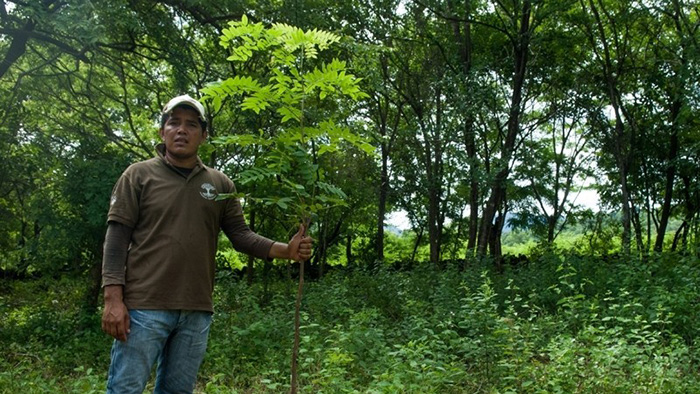
100 Caesalpinia velutina planted in Nicaragua
Last month, we planted 50 Caesalpinia velutina in Nicaragua as part of the CommuniTree Project. On Twitter, we discovered that one of our followers was from Nicaragua, and was delighted to see that we were planting trees in his country. So we decided to plant even more!
Also known as Mandagual trees, they grow very straight and tall quickly, making them ideal for lumber needs. And with these trees, the farmers can use the forest more sustainably, as well as protect the nearby watershed.

60 Avicennia marina planted in Madagascar
As Ecologi members, we plant trees to offset the carbon footprint of our employees. This month, they planted 60 Avicennia marina as part of their partnership with the Eden Reforestation Project. Avicennia marina are also known as grey mangroves and are great for areas that have daily tides, thriving despite the seawater.
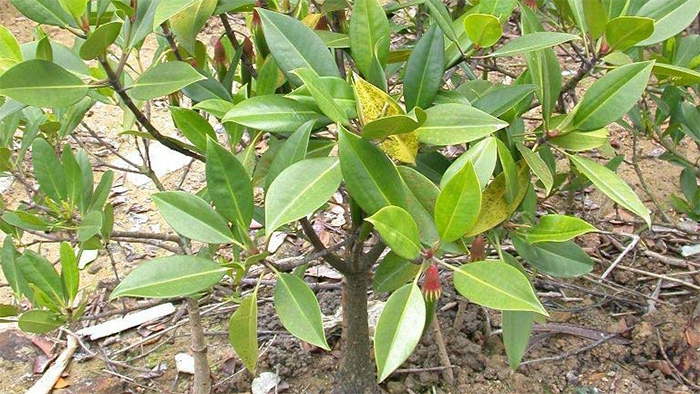
60 Bruguiera gymnorrhiza planted in Madagascar
Ecologi also planted 60 Bruguiera gymnorrhiza, or black mangroves, in their planting area in the north-west part of Madagascar. Black mangroves are larger than their grey, red, or spurred cousins, and can grow up to 35 metres in height, especially in river estuaries. With black mangroves providing a protective canopy for the other smaller mangroves, their root system can dig into the soil, keeping it from being washed away during low tides.
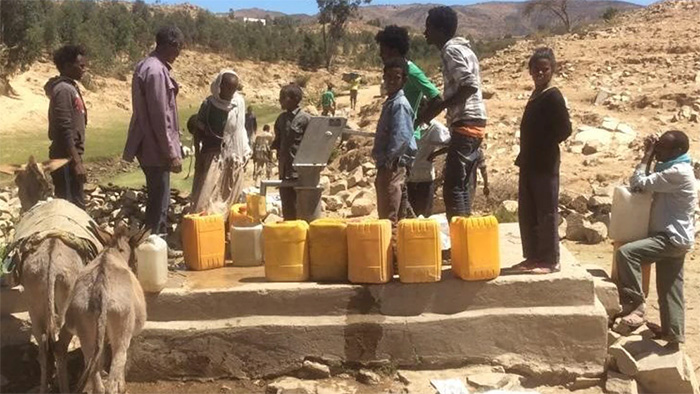
Repairing water boreholes in Eritrea
As part of our employee offset, Ecologi is also sponsoring a project to repair boreholes and water pumps in the Zoba Debub district of Eritrea. With fresh clean water available through these repaired pumps, families in the area don’t have to rely on unsafe surface water, helping to keep them healthy while also reducing the amount of firewood they burn in order to purify the water.
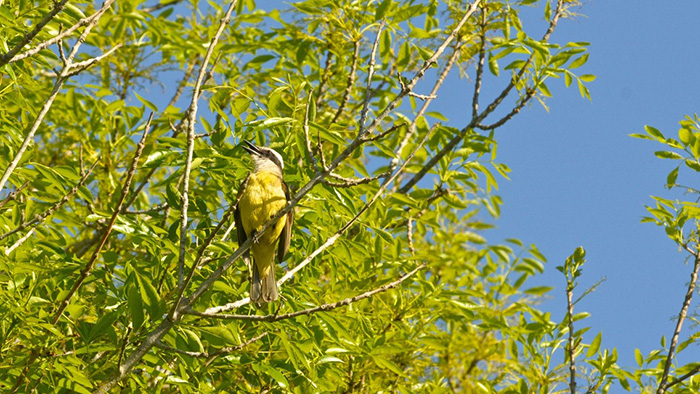
Turning overgrazed land into sustainable forestry in Uruguay
Ecologi is also helping to fund the Guanaré Forest Plantation project, taking land that had been heavily grazed by cattle for over 300 years and planting trees that can be sustainably harvested over the next 60 years. Along with regreening the area for wildlife and preventing deforestation of existing forests, this project will provide jobs for the residents of the area.
Our impact
Through these projects over the past month, we’ve reduced our carbon footprint by an additional 20 tonnes, making it over 940 tonnes from the beginning of this year — the equivalent of over 2.8 square kilometres of sea ice saved!
We’ll keep you up to date with how we’re doing each month through our blog, and we hope you’re delighted with the number of trees we planted and our carbon offsets to date.
